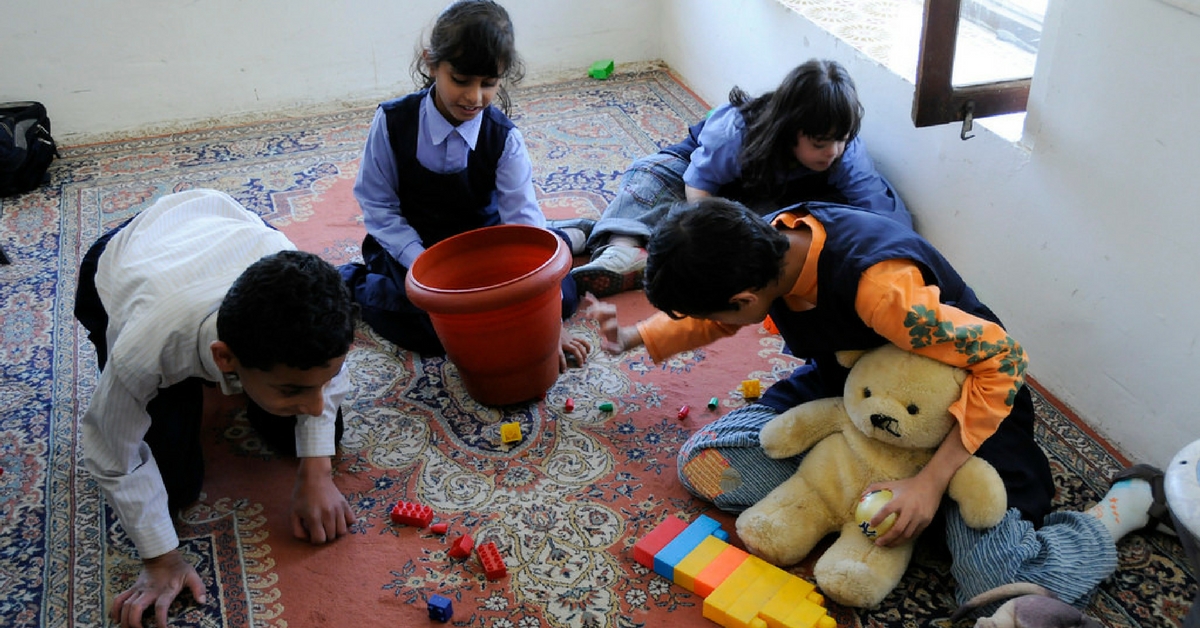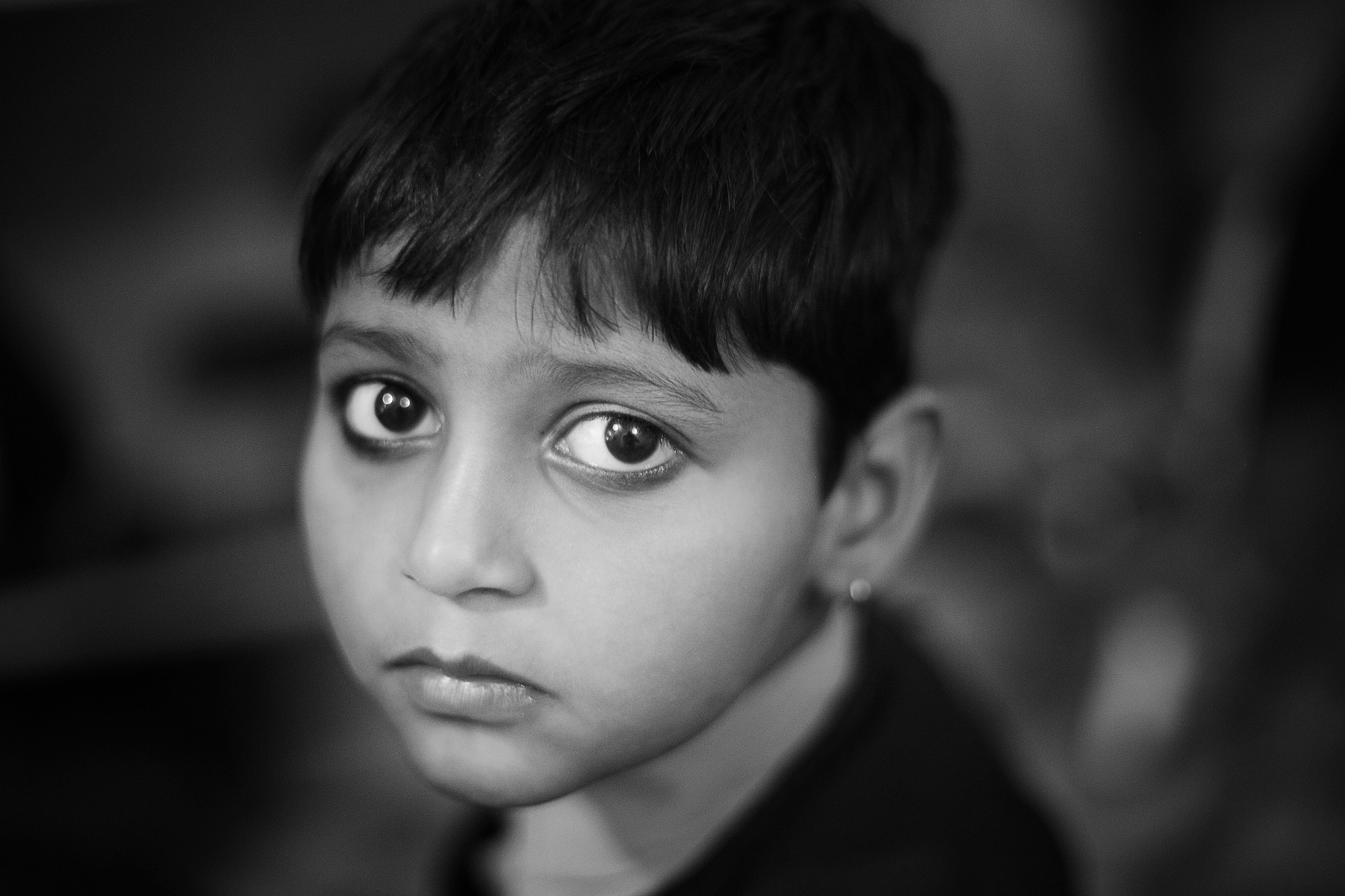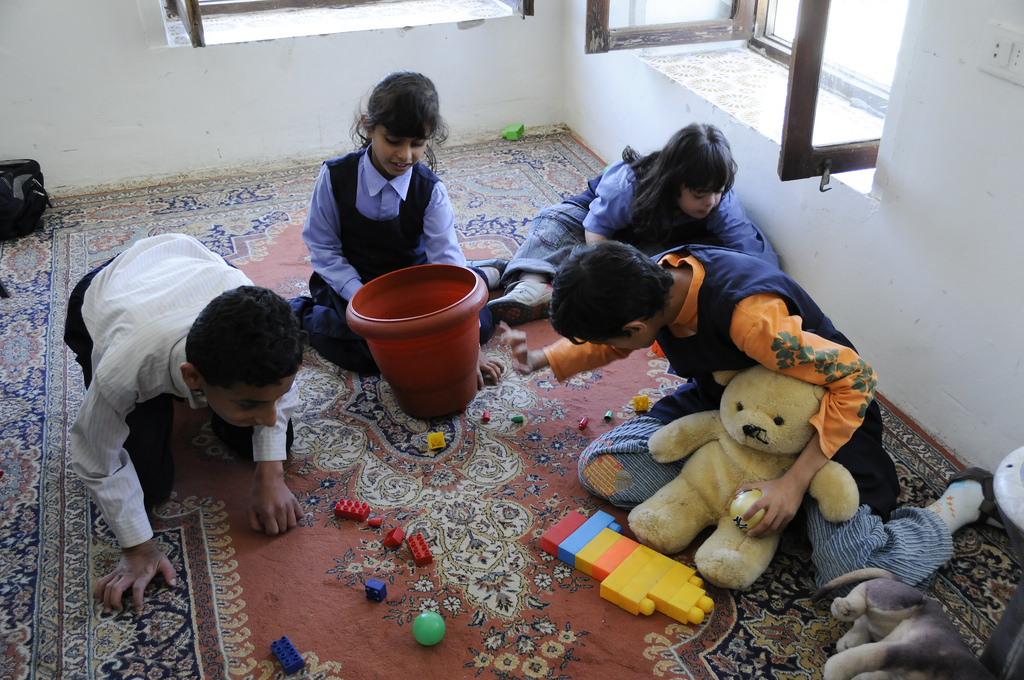TBI Blogs: Not All Children with Autism Possess Special Skills, and It’s Important to Recognise That
Popular culture has led to the myth that all people with autism are specially gifted with savant skills. Indrani Basu talks about the dangers of perpetuating this myth and the importance of recognising the normalcy of people with autism.

Popular culture has led to the myth that all people with autism are specially gifted with savant skills. Indrani Basu talks about the dangers of perpetuating this myth and the importance of recognising the normalcy of people with autism.
As the mother of a 25-year-old young man with autism, Nano, there have been so many varied responses to “My Nano has autism”. These range from, “Autism, what is that?” (the yet to be aware), to “Autism. Oh! I’ve heard a bit about it.” (the just aware), to “Autism! Really! What is Nano’s special skill?” (the super-aware, thanks to Rain Man and its ilk). That makes me realize that we still have such a long way to go before we can give our children a society that can truly understand them for what they are.
There are those who have not even heard of autism yet, though its incidence is said to be as high as 1 in 68. Among those who have heard about it, a large number view it as this glamorous, mythical disability, where every single individual with autism must have a savant skill and be superlative at something, be it at math, writing, music, art, and so on. This myth exists not only in the general population, but also in parents who have children with autism.
The media, the internet, as well as some professionals in the field continue to perpetuate the myth that autism and savant skills are almost synonymous. When you try and tell someone that your autistic child does not have any superlative skills, one is met with astonishment. You are often told that he must have one, that it’s just undiscovered yet, and that “you must find that skill, catch it, and then you’ll just see your child blossom!” This implies that we, as parents, either don’t know our children well enough, or haven’t bothered to put in the effort to find the genius that is just waiting to see the light of day!
As if that skill is lurking somewhere, and all we need do is to hunt it down, and once it emerges in all its glory…Voila! Our children will be fine!

However, there is danger in this belief because often, as parents, instead of focussing on teaching our children to communicate better, develop more appropriate social and leisure skills, and be as independent as possible, we may end up losing precious time focussing all attention and efforts in the quest of that superlative skill that may continue to be elusive for a long, long time—maybe forever.
This, at times, is just what happens. Sometimes a child might have a skill that is not outstanding in itself, but seems outstanding in the light of the child’s autism. A child may be able to recite long poems from memory, or do complicated math, which is wonderful of course. But that sometimes takes parental focus away from teaching basic skills, so that the child may not be able to communicate his basic needs, or do simple, basic things for himself, like wash his own bottom, for instance.
Coming back to “What is Nano’s special skill, his savant skill?” Well, he doesn’t have one! He is just a normal autistic person, and I use the word “normal” with responsibility. “Normal” is defined as conforming to the usual standard, type, or function.
The standard person with autism does not have any savant skills, just as is in the case with us normal “normal” people. How many people in the general population are geniuses? How many Picassos or Mozarts do we know of? For every one Picasso, there are millions of people for whom art began and ended in art class in school.
For every Mozart, there are millions of people who are content to vent their musical abilities in the shower.

So why should it be any different for people with autism? Each one of us has strengths and weaknesses. Some of us may be good at math, while others may not be able to even add large sums mentally. Some of us may have excellent people skills, while others may be comfortable with limited contact with people. We all use our strengths and try to minimize our weaknesses to function to the best of our abilities. We don’t expect to be geniuses ourselves, but just try to do our very best given our abilities.
So why should it be any different for our children? Should they too not be encouraged to use their individual strengths and minimize their difficulties to function to the best of their abilities? If they have a special skill, fine. If not, that’s fine, too!
Why can’t our children be just normal people with autism? Why do they have to have a savant skill for them to be special? Is it because, at some level, we expect a special skill to absolve our children of their autism? But do our children need absolution? Are they not special and unique, just the way they are, and not by virtue of their autism or their savant skills, but by virtue of just being human, like all of us.
(The author is mother to a young adult with autism. She is also Co-ordinator, Parent Child Training Programme at Action For Autism.)
You can help Action For Autism reach out and provide services to people with Autism and their families by contributing online.
Like this story? Or have something to share? Write to us: [email protected], or connect with us on Facebook and Twitter.
NEW: Click here to get positive news on WhatsApp!
If you found our stories insightful, informative, or even just enjoyable, we invite you to consider making a voluntary payment to support the work we do at The Better India. Your contribution helps us continue producing quality content that educates, inspires, and drives positive change.
Choose one of the payment options below for your contribution-
By paying for the stories you value, you directly contribute to sustaining our efforts focused on making a difference in the world. Together, let’s ensure that impactful stories continue to be told and shared, enriching lives and communities alike.
Thank you for your support. Here are some frequently asked questions you might find helpful to know why you are contributing?


This story made me
-
97
-
121
-
89
-
167











